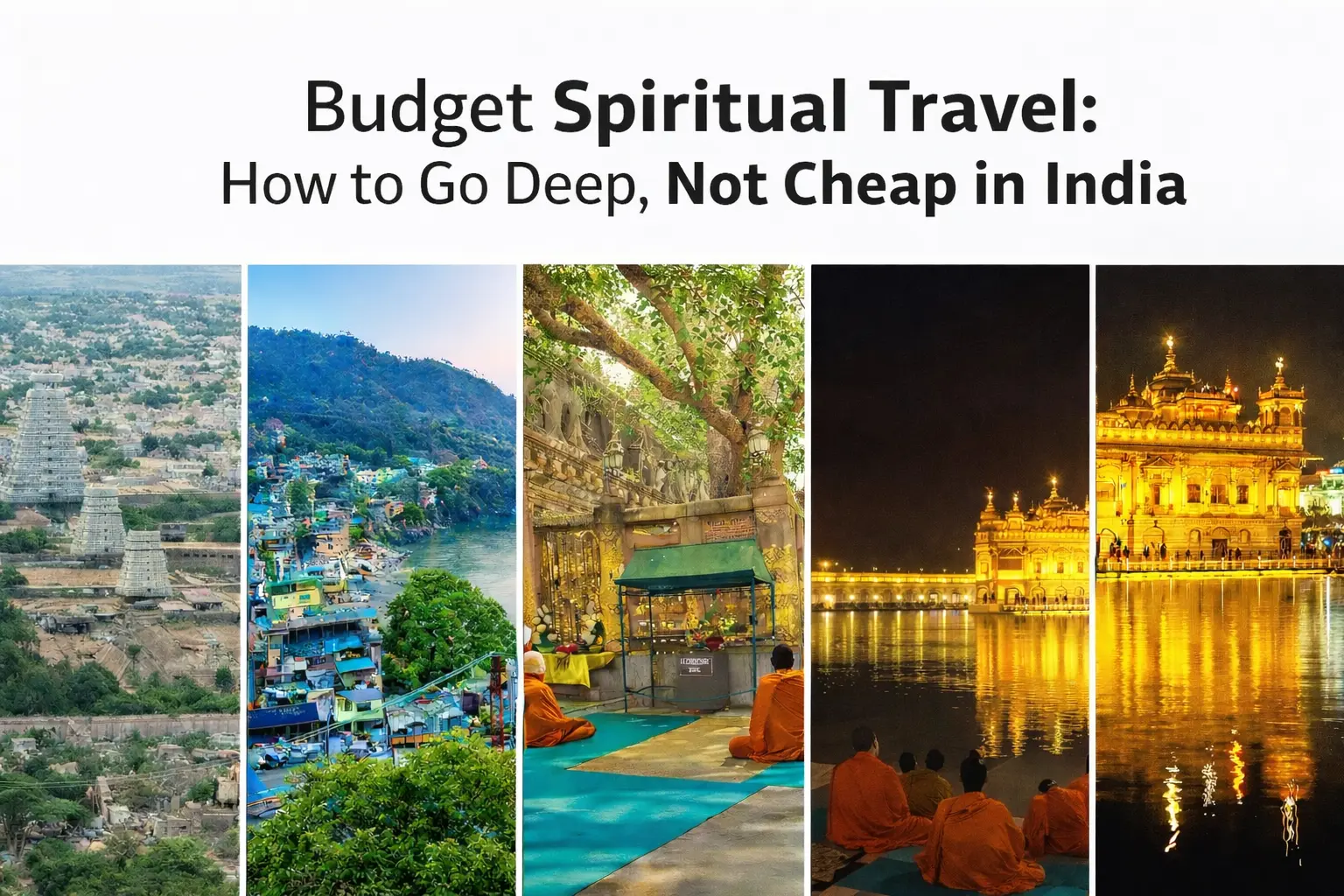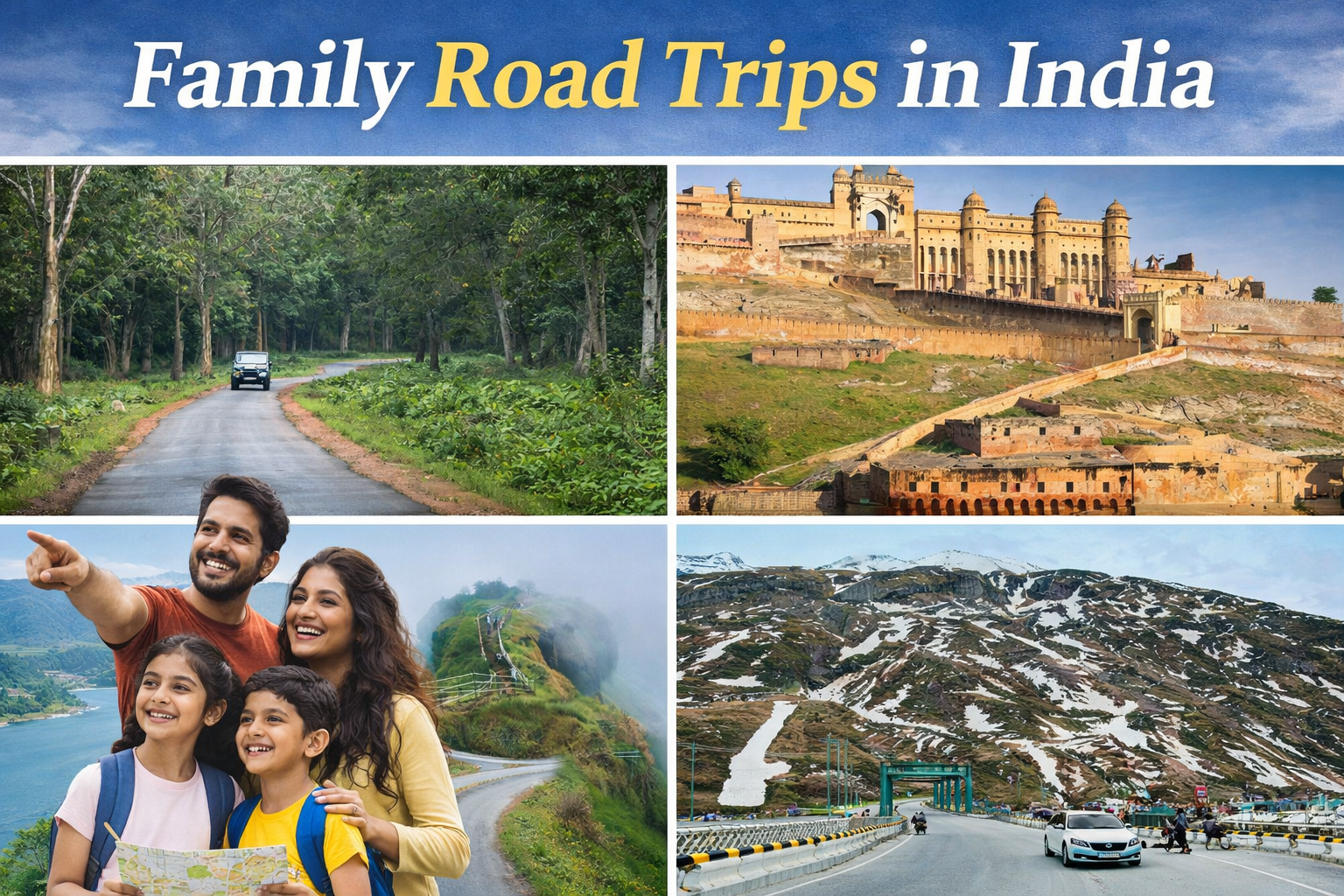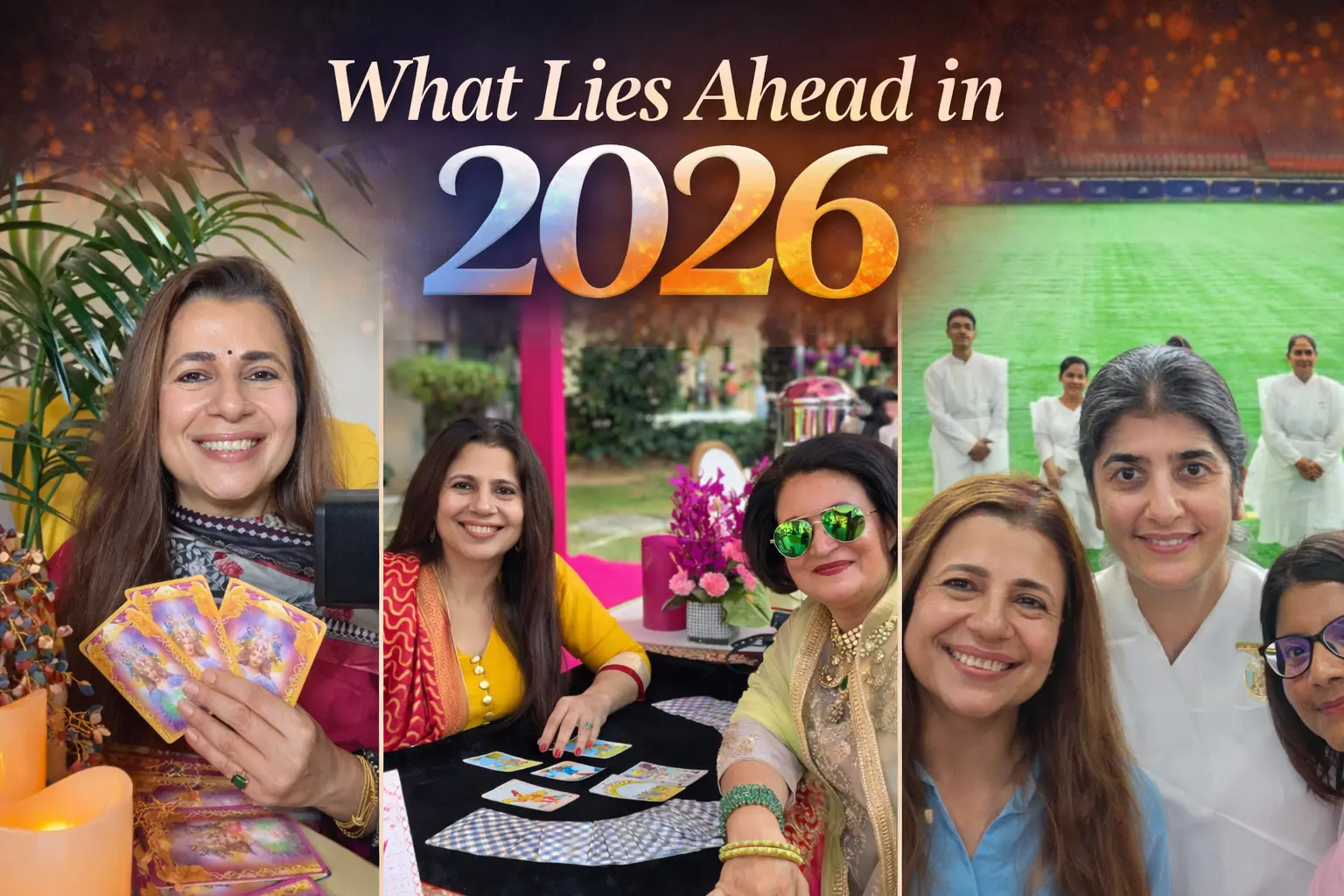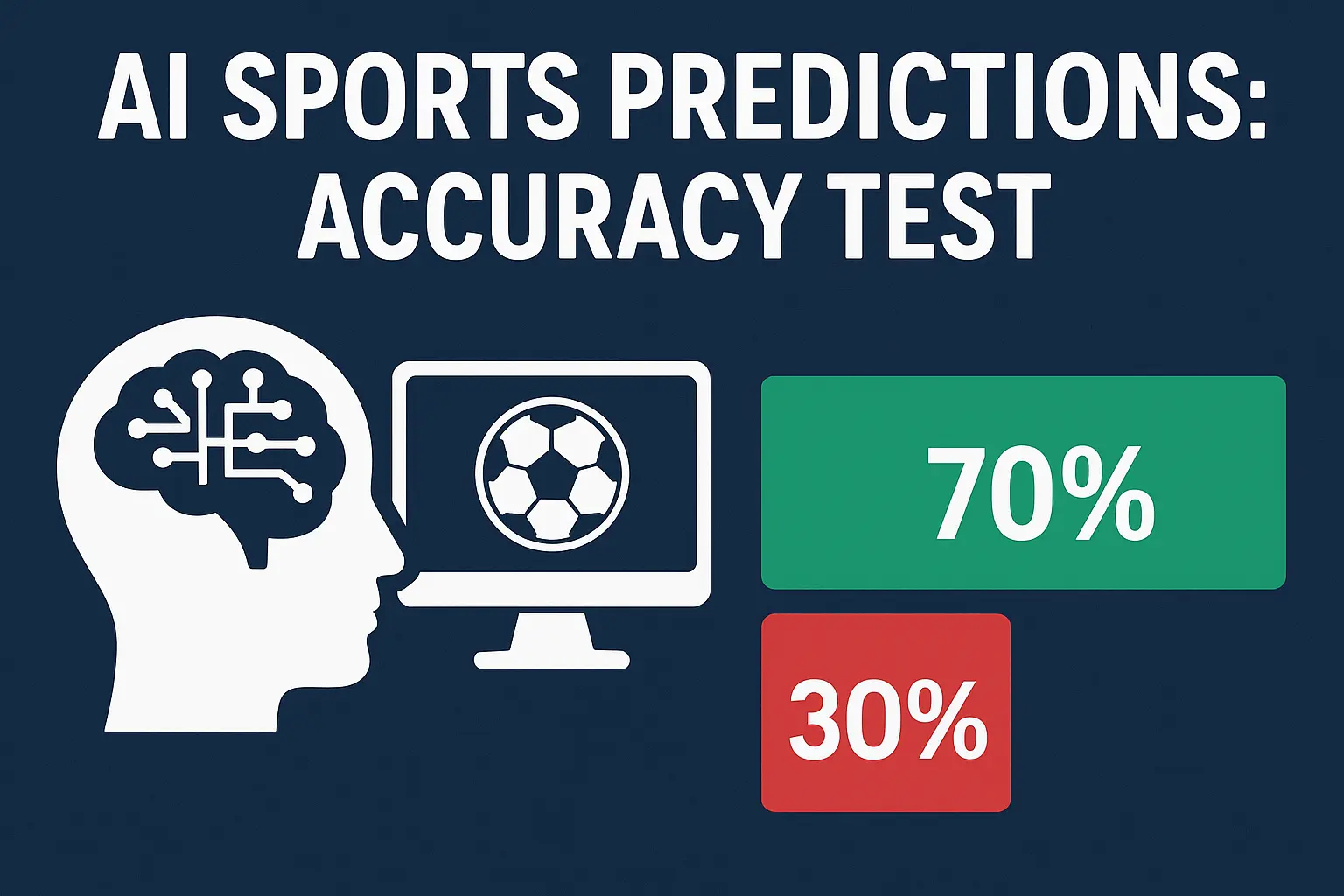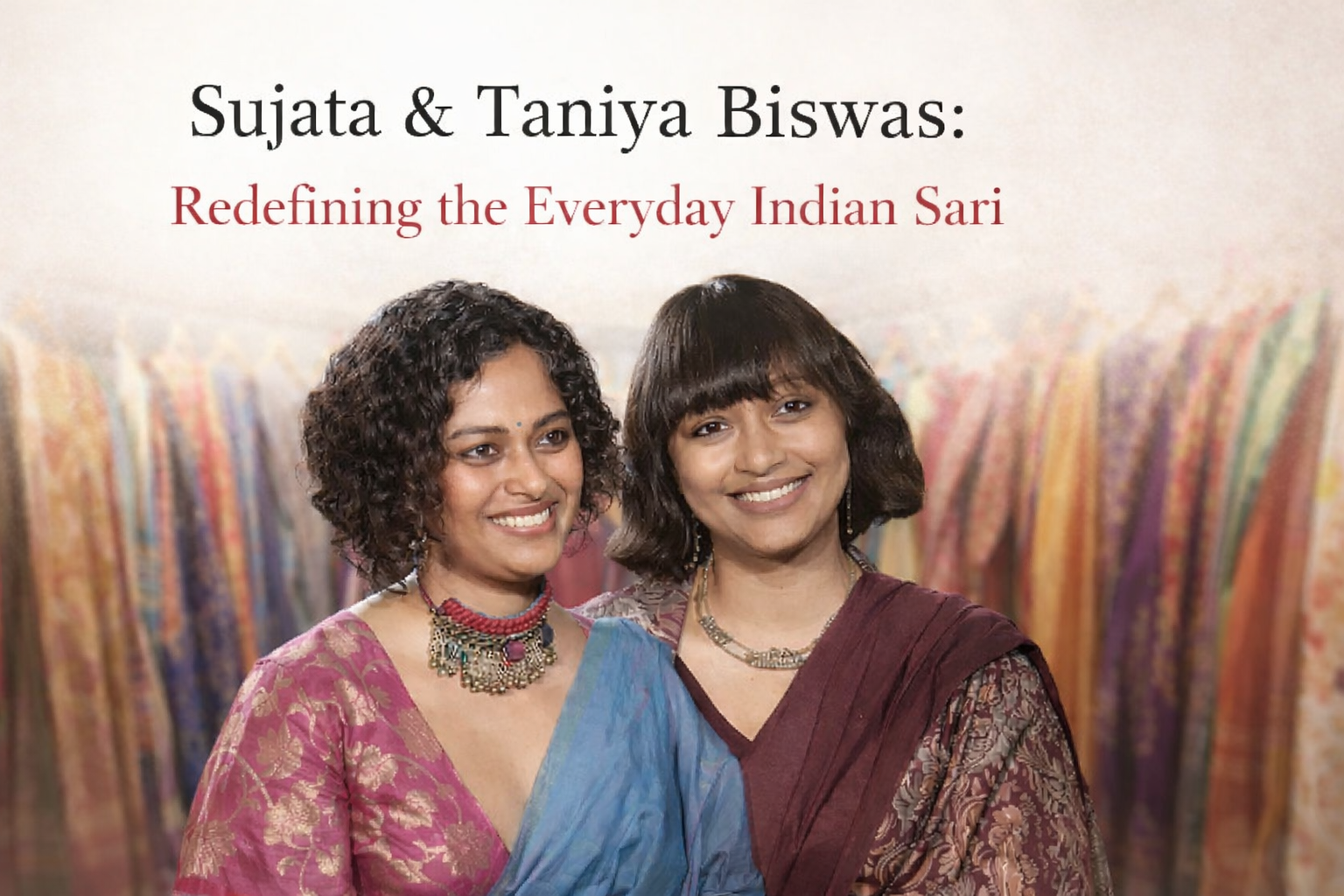From the endless range of smartphones launching every month it gets very confusing for a buyer to put their finger on the right fit for them. Oftentimes prospective consumers commit some banal mistakes which make all the difference in acquiring a device perfect for your needs. Tech guru Ankit Pande decodes these mistakes and how you can avoid them…
Myth: Higher the RAM and Storage capacity, better the Performance
Fact: Retail partner chains and local stores often propagate this common misconception. RAM capacity is not the only factor that contributes to performance, and one must be cautious in terms of capacity and price of the device. If you are buying a smartphone in the price bracket of Rs 15-35,000, make sure the RAM is at least type LPDDR4 or LPDDR4x. A flagship smartphone must have a LPDDR5 RAM These are the types of RAM which usually operate on higher clock frequencies, enhancing your multitasking experience. Buying a smartphone on the basis of just capacity like 64 GB or 128 GB should be avoided. The storage type is equally important as it provides faster read/write speeds and supports faster app loading. Most smartphones under Rs 10,000 come with an eMMC based storage which is quite slow but acceptable in that segment. However, anything above that price range requires at least a UFS 2.1 based storage.

Myth: Higher Core=Better Processor
Fact: While buying a smartphone checking its processor or SOC (System on chip) is extremely important. A processor shouldn’t only be considered if you play a lot of mobile games. The SOC of a smartphone consists of multiple components which includes the main CPU which helps in performing day to day tasks efficiently, GPU (Graphic Processing Unit) which helps in graphic intensive tasks like gaming, and MODEM which gives you network functionalities like 4G and 5G. Even the download and upload speeds of your smartphone depends on the same. A DSP (Digital Signal Processor) and NPU (Neural Processing Unit) are used for AI operations. A GHz Deca-core Processor isn’t necessarily better than a 1.8 GHz Octa-core if factors such as the CPU’s architecture (ARM cortex A76, A77, A78, A55) and the Manufacturing/Fabrication processes are not considered. Software optimization on a smartphone is equally important for a processor to run on its full potential.
Myth: Higher Megapixels=Better Camera Performance
Fact: Smartphone cameras have evolved over the years, and the current generation smartphones in our pockets are capable of clicking some incredible pictures. A lot of hype has been created by smartphone brands about megapixels and with 64 MP and 108 MP cameras being launched recently. The hype, however, is extremely misplaced. I have personally tested smartphones with 48 MP, 64 MP and even 108 MP cameras and all a higher megapixel count does is capture more details in the picture. Features of the camera’s sensor also play a huge role in helping you capture flawless pictures. Aperture controls light in a camera, and a sensor with a higher aperture of f/1.7 allows better low light photos. The ISP (Image Signal Processor) of your smartphone which processes raw data from the camera sensor and produces the final image. The ISP plays a crucial role in the overall camera performance and that’s the reason even a 12 MP camera of an iPhone or a Google Pixel device clicks a lot better pictures compared to a 108 MP camera smartphone.
















